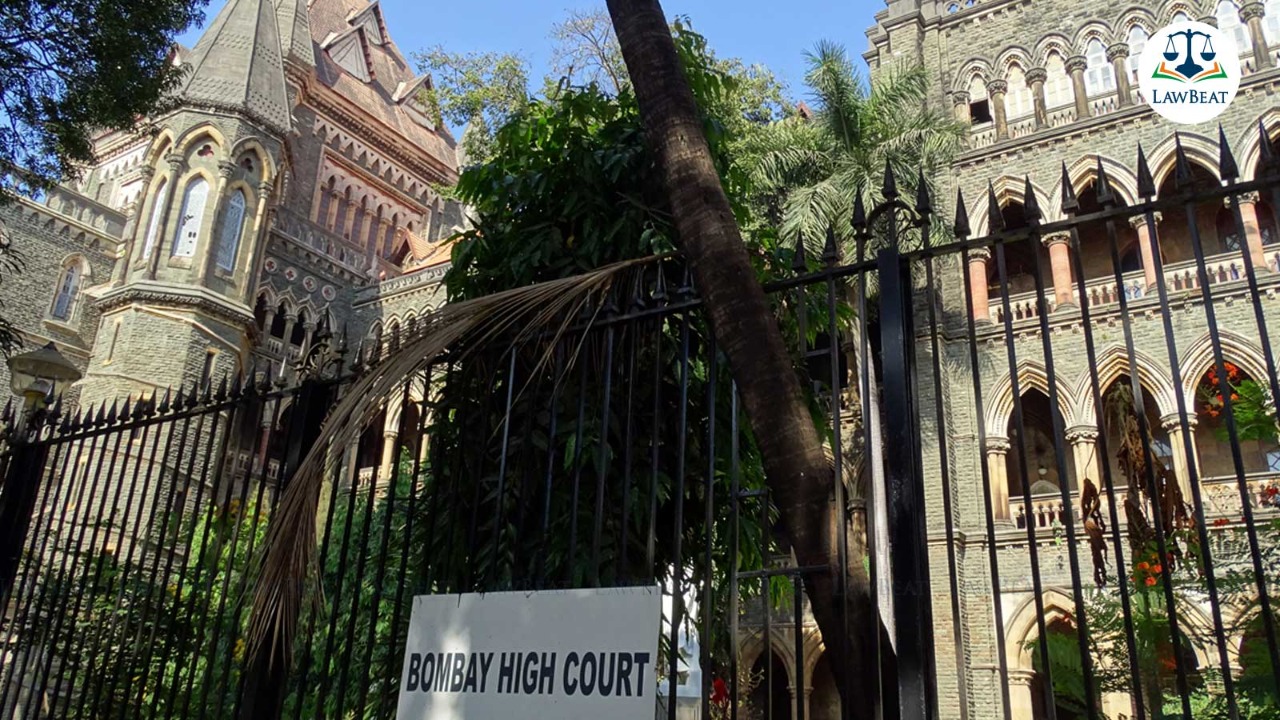House Arrest Should Be Considered For Computing Total Period Of Custody: Bombay High Court

The petitioner contended that the trial court had not yet framed charges and that the likelihood of completion of the trial in the near future is remote. Therefore, he sought release on bail pending the petition
The Bombay High Court has recently observed that the period of house arrest should be taken into consideration while computing the total period of custody.
“Mr. Venegavkar, learned counsel for the Respondent No.1-ED submitted that, the period of house arrest cannot be taken into consideration for computing the total period of custody of the Petitioner and it needs to be excluded. We are not in agreement with the learned counsel, as according to us house arrest is ultimately arrest of person, whereby his liberty to be a free person is ultimately curtailed by operation of law,” the bench observed.
The division bench of the high court, consisting of Justice AS Gadkari and Justice SC Chandak, was hearing a petition wherein the man was arrested on 23rd April 2018 and was in custody for 5 years and 3 months.
The petitioner was booked under Sections 3 and 4 of the Prevention of Money Laundering Act, which is punishable with imprisonment of 7 years.
The petitioner contended that the trial court had not yet framed charges and that the likelihood of completion of the trial in the near future is remote. Therefore, he sought release on bail pending the petition.
On August 10, 2018, the petitioner filed a bail application before the high court, which was dismissed. Subsequently, he filed another bail application before the division bench, which ordered him to be under house arrest.
The house arrest was later extended by the division bench, and the petition was disposed of. The Enforcement Directorate filed an appeal before the Supreme Court, and the petitioner also filed an interim application.
In April 2023, the Supreme Court passed an order extending the house arrest of the petitioner. The petitioner filed an application before the vacation bench of the Supreme Court, which was dismissed, and therefore, he continued to remain under house arrest.
The division bench, while granting bail to the accused, noted that incarceration in custody for a long period without trial or completion of trial affects the personal liberty guaranteed under Article 21.
“It is by now well settled and recognized principle of law that, prolonged custody amounts to infringement or violation of Article 21 of the Constitution of India of an accused. There is no debate that, incarceration in custody for long period without trial or completion of trial affects personal liberty guaranteed under Article 21 of the Constitution of India of an accused,” the order reads.
The high court further recorded in its order that the petitioner had already completed 3/4 of his sentence if convicted and sentenced to the minimum punishment of 7 years.
“The maximum sentence prescribed under Section 3 of the PMLA is 7 years. The period of incarceration undergone by the Petitioner has exceeded the substantial part of the prescribed sentence. It appears that, the Petitioner has already completed 3/4 of his sentence, if convicted and sentenced for minimum punishment of 7 years. The fact on record remains that, the Petitioner is in custody/house arrest for last more than five years and eight months for an offence wherein the maximum punishment prescribed is seven years,” the order reads.
Case title: Mohammed Farooq Mohamemed vs Deputy Director & Anr
